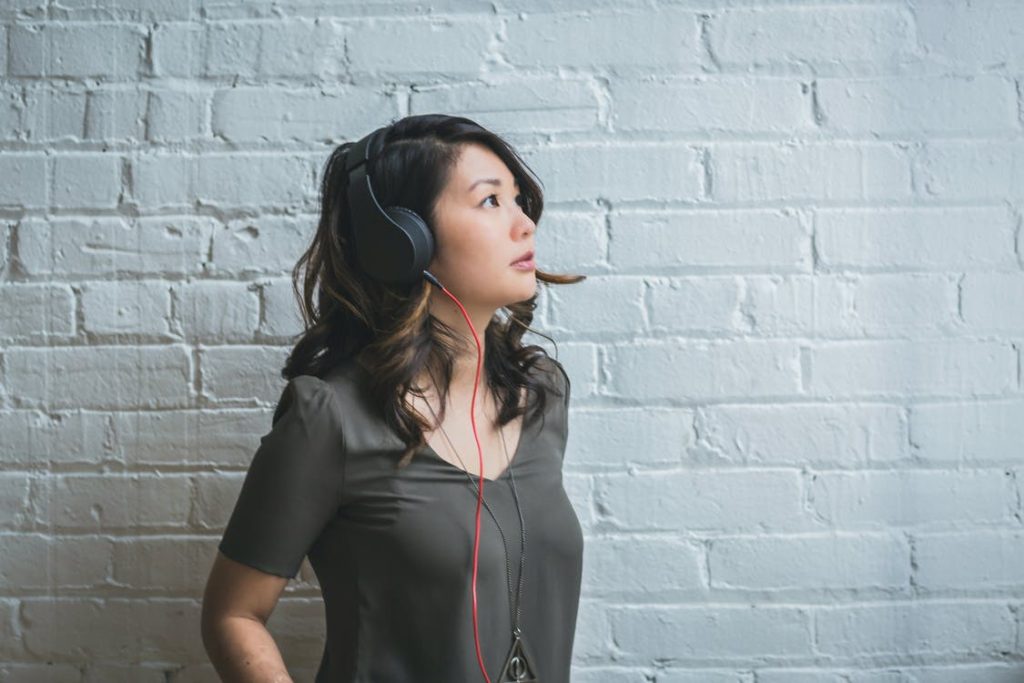
Looking after your health involves so many different areas; we often focus on nutrition and exercise, yet there are many other health concerns. Hearing decline can occur for many reasons, including the natural aging process. While we cannot stop aging, there are several steps we can take to protect our hearing health.
- The right diet
To protect your hearing health, eating the right foods can make a difference. While a diet won’t actually cure your hearing ailments, the right diet will protect the body from free radicals. Free radicals can negatively impact all aspects of our health, whether hearing, eyesight or immune system.
Antioxidants can help to improve our overall health, so ensure that you eat plenty of pecans, blueberries, kale, and spinach. Try magnesium-rich foods, too, including avocado and whole grains. A diet that’s rich in antioxidants is one of the best ways to stay healthy in general.
2 . Turn the volume down
To protect your hearing, you should reduce the volume of your devices, and avoid exposure to overly loud environments. Audiologists suggest that any sounds of 85-decibels or below are safe for consumption and that any higher volumes should be avoided. When listening to audio with headphones, it’s advisable to keep the volume at 60% or less. It’s better to use over-the-ear headphones, as opposed to those that go right inside the ear. Try to be mindful when you listen to all your devices, from the TV to your iPhone.
- Wear earplugs
Those who go to clubs or gigs should buy a good pair of earplugs. These can help to protect your ears from high noise levels. Live concerts can reach decibel levels of approximately 100+, and such levels negatively impact your hearing. You can purchase cheap earplugs, yet some people prefer to buy an expensive pair. When you purchase a more expensive pair, it’s more likely that you’ll experience better sound quality.
- Clean your ears
Ensure that you clean out your ears regularly to avoid ear-wax or infection. An excess of wax or an ear infection can lead to mild, temporary hearing loss and irritation. All you need to do is use a cotton bud each day to avoid excess moisture. Simple steps like this can make all the difference to your hearing health ongoing.
- Visit your ENT
It’s essential to make regular visits to your ENT doctor to have your hearing checked. Even if you have no hearing issues, you should go at least every two years. When hearing issues are identified early, it’s easier to stop problems from worsening. There are a number of different hearing aids available today, including ITE hearing aids, BTE hearing aids and ITC hearing aids. Your audiologist or ENT doctor will be able to advise you on the best type of hearing aid, depending on your needs.
Looking after your hearing health doesn’t have to be a chore; with these five simple tips, you’ll have all the preventive measures you need!